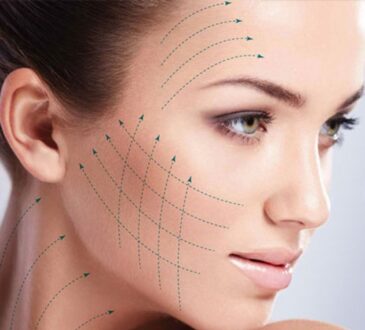
Beauty is a concept that has been deeply ingrained in human society for centuries. From the art we create to the standards of attractiveness we hold, beauty plays a significant role in our lives. But beyond the external aesthetics, beauty also has a profound impact on our psychological well-being. The way we perceive beauty can influence our emotions, self-esteem, and overall mental health.
Perception of Beauty
Beauty is often subjective, with different cultures and individuals having varied standards of what is considered beautiful. The perception of beauty is shaped by various factors such as societal norms, personal experiences, and media influences. When we encounter something or someone we find beautiful, our brain releases dopamine, a neurotransmitter associated with pleasure and reward. This positive reinforcement can enhance our mood and make us feel happier.
Impact on Self-esteem
For many people, their perception of beauty is closely linked to their self-esteem. Those who feel they do not meet society’s beauty standards may experience lower self-confidence and a negative self-image. This can lead to feelings of inadequacy and even contribute to mental health issues such as depression and anxiety. On the other hand, individuals who perceive themselves as beautiful or attractive tend to have higher self-esteem and a more positive outlook on life.
Beauty and Social Interactions
Our perception of beauty can also influence how we interact with others. Studies have shown that people deemed attractive are often perceived as more likable, competent, and trustworthy. This “halo effect” can impact our social relationships and professional opportunities. On the flip side, those who do not conform to traditional beauty standards may face discrimination and prejudice, affecting their well-being and sense of belonging in society.
Cultivating Inner Beauty
While external beauty can have a significant impact on our well-being, it is essential to remember that true beauty lies within. Cultivating qualities such as kindness, empathy, and authenticity can enhance our inner beauty and contribute to our overall happiness and well-being. By focusing on developing our inner selves, we can build resilience against societal pressures and foster a more positive self-perception.
The psychology of beauty is a complex and multifaceted topic that influences our well-being in profound ways. Our perception of beauty can shape our emotions, self-esteem, and social interactions, highlighting the importance of understanding and embracing diverse definitions of beauty. By recognizing the power of beauty in influencing our mental health, we can strive to cultivate a more inclusive and positive environment where everyone can feel valued and appreciated for who they are.





